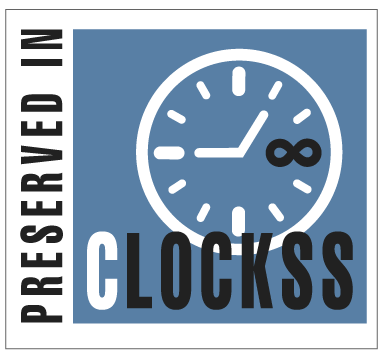Abstract
By harnessing the classic anti-Lobatto four-point quadrature rule of degree of precision three, the order of convergence of the Newton-Raphson method has been profoundly enhanced. This newly developed iterative scheme reveals a remarkable order of convergence, reaching three and far surpassing the original Newton-Raphson method. It operates as a two-step iterative method that elevates Newton’s approach by integrating the quadrature rule. A theorem related to this innovative iterative method has been formulated, confirming that its order of convergence is indeed three. In the numerical computation section, insightful scenarios demonstrate the remarkable numerical efficiency of the new method. Through the power of MATLAB software, a series of iterations for both the traditional Newton method and this groundbreaking scheme were conducted. Comparisons illuminate the strength of the new method, revealing that it converges to the root in fewer iterations than its predecessor. Thus, this new approach can be confidently declared more efficient. Furthermore, a fascinating correlation has emerged: as the order of convergence rises to three, the number of iterations decreases. This insightful finding reveals that, in essence, the number of iterations varies inversely with the order of convergence of an iterative method.
Keywords
Anti-Lobatto four point quadrature rule, Degree of precision, Iterative method, Newton-Raphson method, Order of convergence
Subject Area
Mathematics
Article Type
Article
First Page
3834
Last Page
3843
Creative Commons License

This work is licensed under a Creative Commons Attribution 4.0 International License.
How to Cite this Article
Singh, Tusar and Behera, Dwiti Krushna
(2025)
"On Iterative Method for the Solution of Non-Linear Equations Using Anti-Lobatto Four Point Quadrature Rule,"
Baghdad Science Journal: Vol. 22:
Iss.
11, Article 23.
DOI: https://doi.org/10.21123/2411-7986.5125








